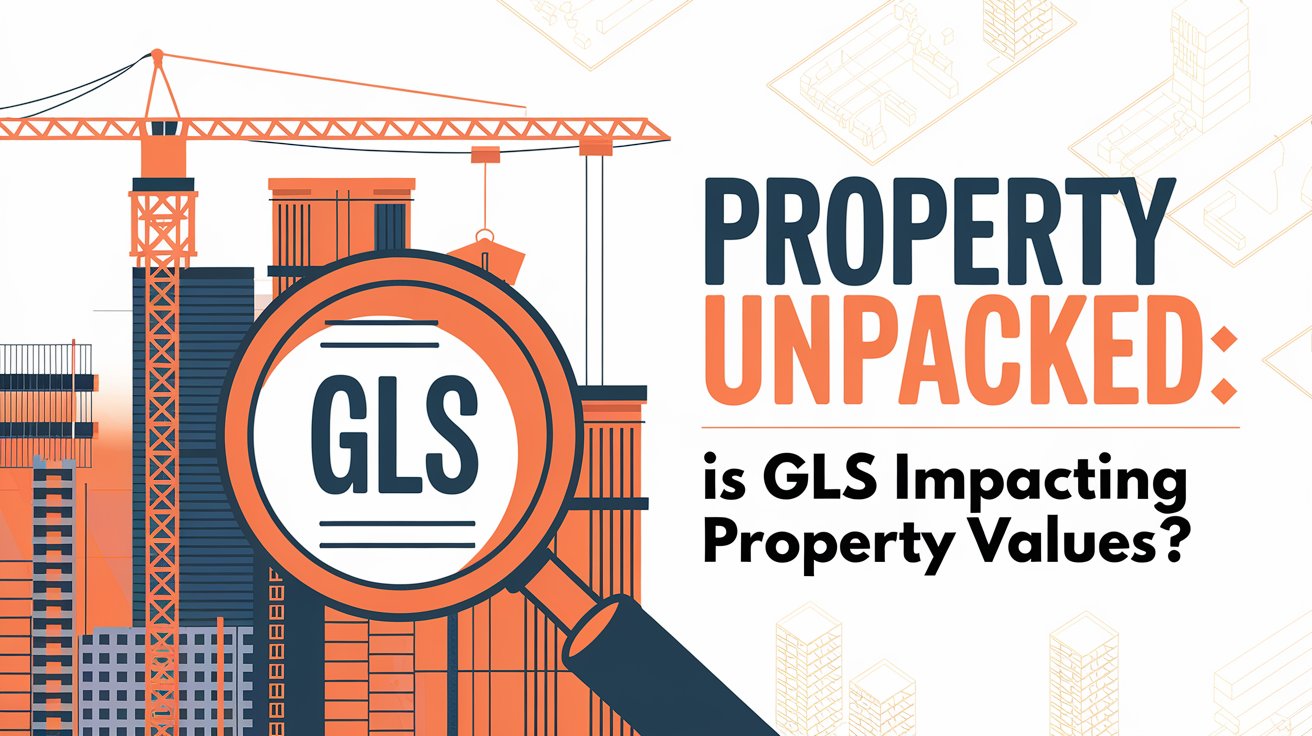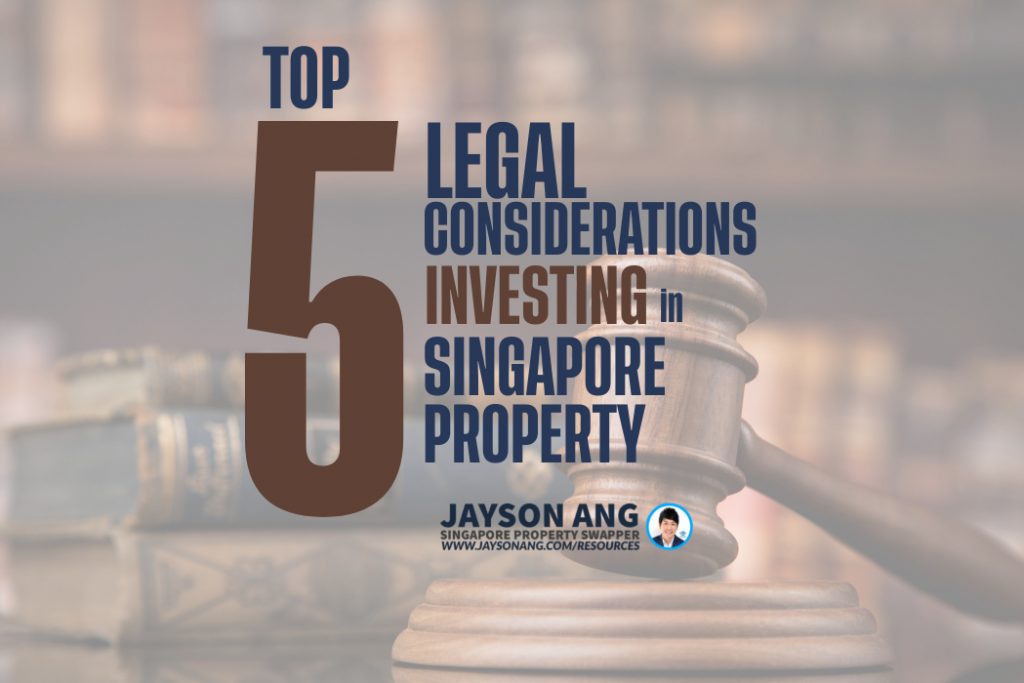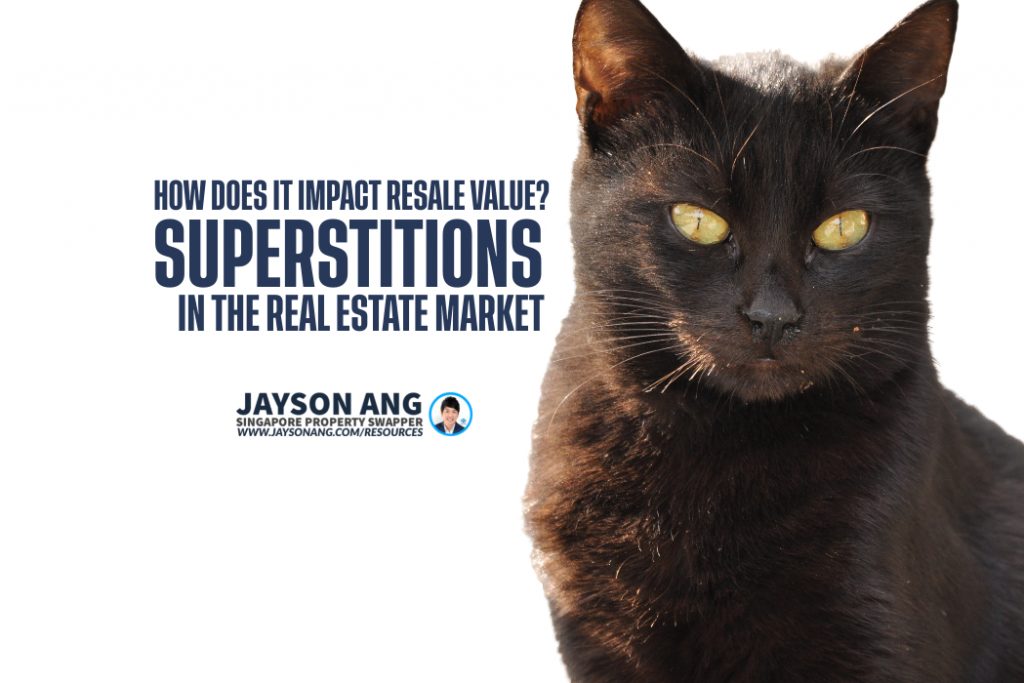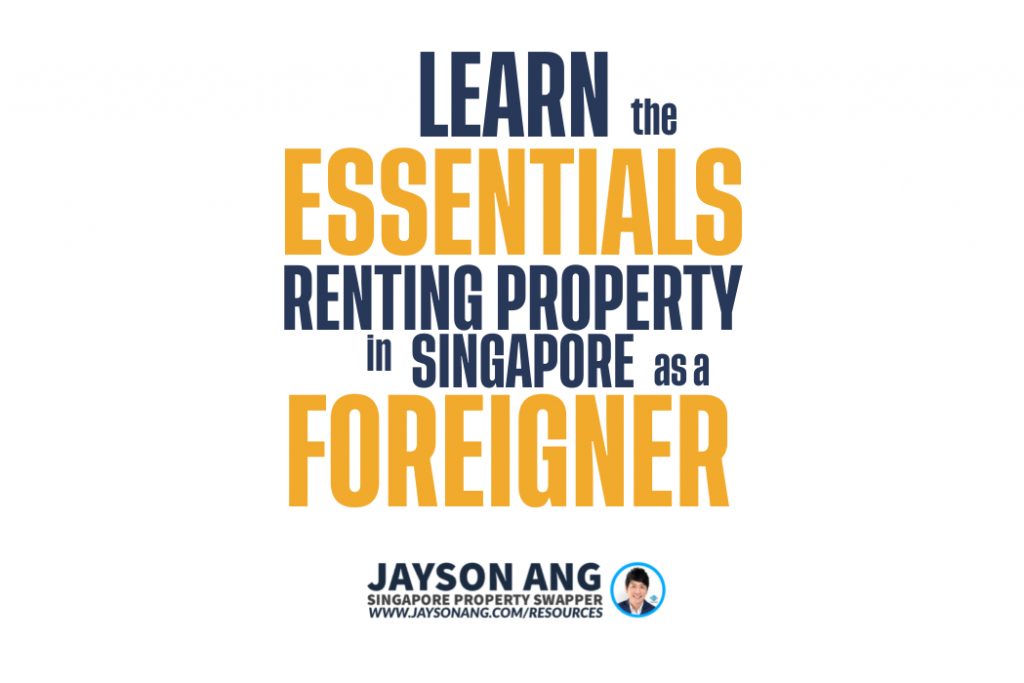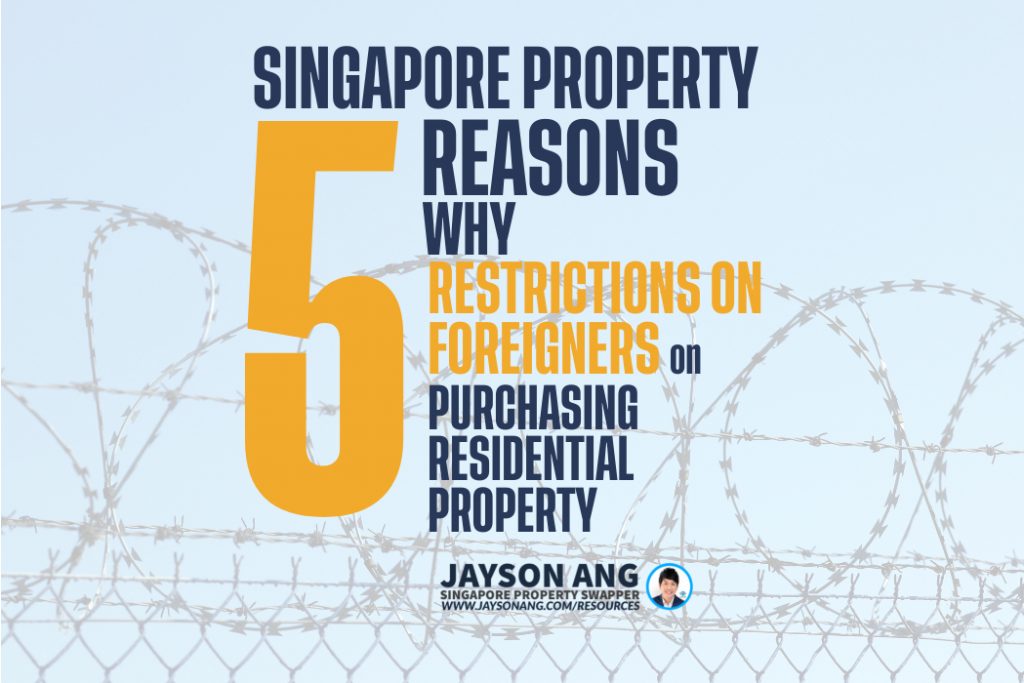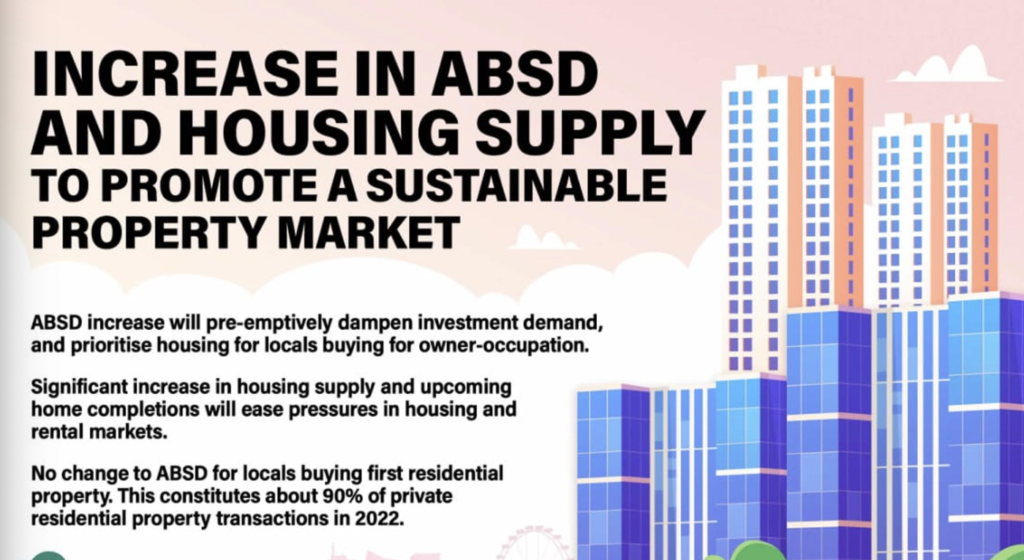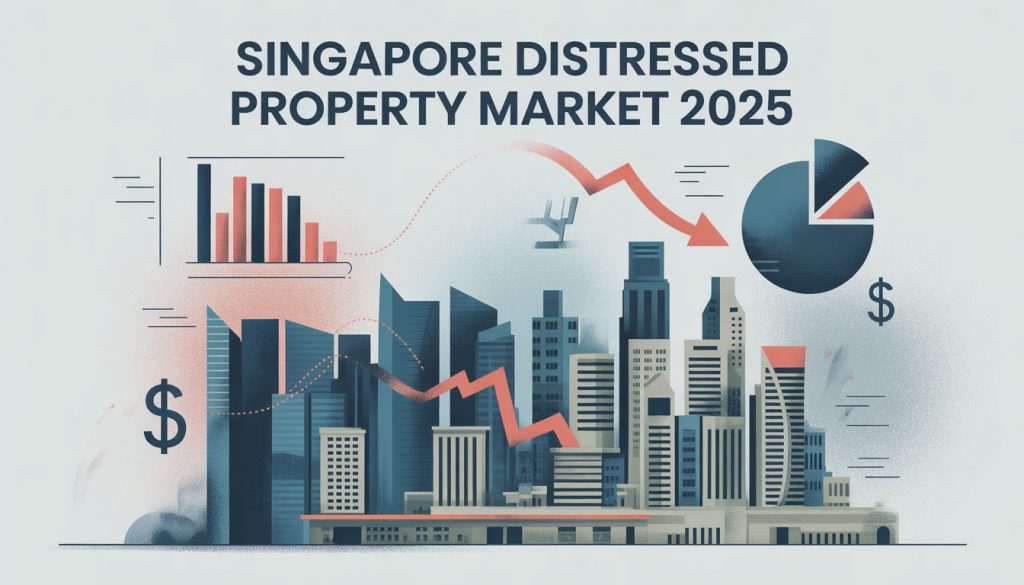TLDR
The post highlights the benefits of investing in real estate, such as high leverage, capital appreciation, income generation, usability, flexible repayment options, debt financing, and its low-volatility nature. Additionally, it emphasizes the importance of differentiating between good and bad debt in real estate investments. Lastly, it touches on Singapore’s property market regulations and the impact of the pandemic on real estate investments.
Real estate is without a doubt one of the oldest and most valuable asset classes out there; no wonder 68% of the world’s wealth is held within the four walls of homes. It’s a significant commitment to make the biggest purchase of your life, and it should be given due consideration.
Real Estate offers advantages over other investment vehicles like stocks, bonds, and luxury goods – and in this article, we’ll show you why! We’ll explore 7 unique traits of real estate investments and give you an inside look at why this asset class could be a great choice for you. So, if you’re thinking about investing in real estate, or want to know more about the different options out there, this article is for you!
#1 High Leverage
Real estate is one of the few asset classes where buyers can leverage their purchase to amplify their returns – almost like taking a loan from a friend while playing Blackjack and betting big, confident of a win! By definition, leverage is the use of borrowed funds to magnify gains.
Leverage is often seen as a risky venture, only available to those with considerable means. The upside is that any potential profits are increased; the downside being that any potential losses can be equally as large. Take the stock market for instance – no broker would permit a customer to purchase $10,000 worth of stocks with just $2,500 in cash, and expect to be repaid the remaining sum at a later date.
If you’re buying property in Singapore, you can usually leverage up to 75% of the total cost using a bank loan, while putting down the remaining 25% in cash or CPF. This means you don’t have to pay the full price upfront, which is great news for many first-time homebuyers! The extent to which you can leverage will depend on your particular situation and profile, but this ratio provides a great starting point.
The only limitation to leveraging a purchase is the requirement to demonstrate the capacity to make the loan’s monthly payments – usually verified with proof of income and the assessment of any other debts.
Leveraging real estate can be a smart investment, as you only need to cover monthly mortgage payments and the bank’s interest – plus, you’re essentially taking advantage of the bank’s money, as the debt is reduced over time thanks to inflation. As the value of the dollar decreases, the exact amount paid to the bank is still the same.
An example of this is the monthly mortgage for a HDB flat purchased 30 years ago – it could have been hundreds of dollars back then, but thanks to inflation, the value of the dollar has gone down, making this a very small amount now. Put simply, inflation can be a great way to decrease your debt when taking out a loan from the bank.
#2 Capital Appreciation
In Singapore, where space is a premium, the value of real estate often rises, offering homeowners a profitable opportunity to sell their property for a higher price. With demand for homes consistently strong, capital appreciation of real estate can be expected to continue.
The demand for real estate, along with a diminishing supply, has been pushing up prices in the housing market. This is clearly seen in the current prices per square foot of new launches, which are much higher for smaller sizes. Ultimately, it all comes down to the rising price of land for developers – a cost that is unfortunately passed on to consumers.
The real estate market has seen a significant rise in capital appreciation due to an increase in construction costs. Not only has the scarcity of construction materials contributed to this, but the lack of labour has also had an effect. In 2021, the pandemic triggered a sharp rise in home prices and the condo resale market experienced impressive growth in all districts of Singapore.
With leverage, a buyer can put down a $250,000 downpayment on a $1,000,000 home. If the price rises by just 5%, that would equate to a $50,000 return – a 20% yield on paper! Mind you, other costs such as interest, stamp duty, and legal fees should also be taken into account.
#3 Income Generation
Real estate stands apart from other investments as it has the potential to bring in a reliable and steady source of income from rental payments. Homeowners have the option of leasing out the entire property or parts of it, thereby increasing their monthly cash flow. This cash can then be used to pay off their mortgage, invest in another property or put towards their other expenditures. However you choose to use the extra funds, it can bring a greater degree of flexibility to your budget.
#4 Useable
Real estate isn’t just for renting, it can also be used for its primary purpose – living in! Much like a luxury car, a handbag, or a watch, a house can bring immense value to its owner. After all, a house is not only somewhere you can live in, but also a place where you can spend most of your time. Plus, you can easily decide whether to rent it out or have family members over.
#5 Flexible Repayment Options: Equity Cash Out / Term Loan
As mortgages take a long time to repay, homeowners can reap the rewards of their property’s appreciation through Equity Cash Out. This increased liquidity opens up possibilities for longer-term planning and investing, or even getting a second home. In other words, it gives homeowners greater financial flexibility!
Stretching mortgage repayments over a longer timeframe may not be for everyone, but it can be quite advantageous if the value of the property keeps increasing and buyers wish to access their equity without selling.
In Singapore, equity term loans are only available to private property owners and are subject to certain restrictions. The maximum loan amount is 80% of the property value, less any CPF contributions made to the property purchase and any existing debt. Furthermore, the Total Debt Servicing Ratio of 60% applies, unless the total loan amount (including the new loan) is lower than 50% of the property value.
Equity home loans may appear attractive, however, it is important to note that CPF cannot be used to pay them like with other types of home loans, plus, there are added legal and administrative expenses associated with securing the loan.
Let’s examine the structure of an equity term loan:
Mr. A bought a house in 2012 for $1,000,000. Thanks to price appreciation, ten years later, the home is now valued at $1,400,000, and though Mr. A has made some progress on paying off the loan, he still owes $400,000. So, the bank has agreed to offer him an equity term loan of $170,000 based on the calculations made.
The final loan of $170,000 in cash came with an incredibly low interest rate, which could mean that Mr. A pays even less interest with his refinanced loan than his original one. Although the process of obtaining an equity term loan can be lengthy and complicated, it’s still a great option for taking cash from properties that are doing well without needing to sell the entire asset.
#6 Debt Financing instead of Equity Financing
Real estate is financed through debt rather than equity, making available a wide range of financing options. This means that when your property increases in value, you get to keep all of the profits – the bank doesn’t share in your windfall!
Banks here are primarily concerned with making money through regular and predictable payments, which is achieved by collecting interest on top of the initial sum lent. However, in the event of an inability to repay the loan, the bank is legally entitled to take possession of the property as security.
#7 Illiquid in Nature – Low-Volatility/ Safe Haven
The liquidity of real estate is generally lower than that of other asset classes such as stocks due to its physicality (and size!). The process of buying or selling a property typically takes anywhere from 3 to 6 months, with the first three spent on marketing and locating a buyer, and the next three dedicated to negotiations and the transfer of funds and signing of legal documents.
Apart from numerous legal commitments attached to a property, the liquidity of real estate differs around the globe based on the laws that oversee the buying and selling of such. Nonetheless, Singapore’s property market is usually less liquid than other countries due to our cooling measures. For instance, private residential properties have to be held onto for a minimum of 3 years as owners usually don’t want to pay Seller’s Stamp Duty which is applicable during the first 3 years of possession.
Compared to residential properties, commercial ones have more liquidity as they are not subject to the same regulations. Nevertheless, the physical aspect of real estate and the hefty price tags associated with each deal make transactions comparatively rare when compared to other investments. But illiquidity does have a silver lining, as it steadies the market and brings down price fluctuations. This may mean lower price increases, but also protects the property from sudden value drops.
In Singapore, the government regulates the real estate market and imposes rounds of cooling measures to safeguard it from potential bubbles. These steps have enabled a steady and balanced flow of investment in the sector, allowing investors to remain confident in their investments.
The pandemic has highlighted Singapore’s status as a real estate safe-haven, as foreign investors found ways to invest in our properties despite the high Additional Buyers’ Stamp Duty (ABSD) rates. With its reputation for being highly efficient and low on corruption, Singapore has become an attractive asset for investors, prompting many to buy local property.
Good Debt Vs. Bad Debt
One of the cornerstones of real estate investment is being able to differentiate between good and bad debt. While a substantial investment may seem like a drawback, it is, in fact, a smart move: investing in real estate serves as an inflation buffer and generally offers attractive returns should you ever choose to resell. Through leveraging, you can take advantage of inflation to eventually pay off the debt.
As opposed to buying something that’s guaranteed to decrease in value, like a car, which won’t give us a return on our investment, investing in real estate is an inflationary asset that can bring rewards.
Conclusion
To wrap it up, real estate is a great asset to store value due to its diverse features. Apart from its usability and illiquidity, it also allows us to leverage other people’s money to grow our investment. If you’re still pondering over asset inflation, stay tuned to my upcoming article! I am always here to answer any of your questions or have a friendly chat!
You May Also Like …






